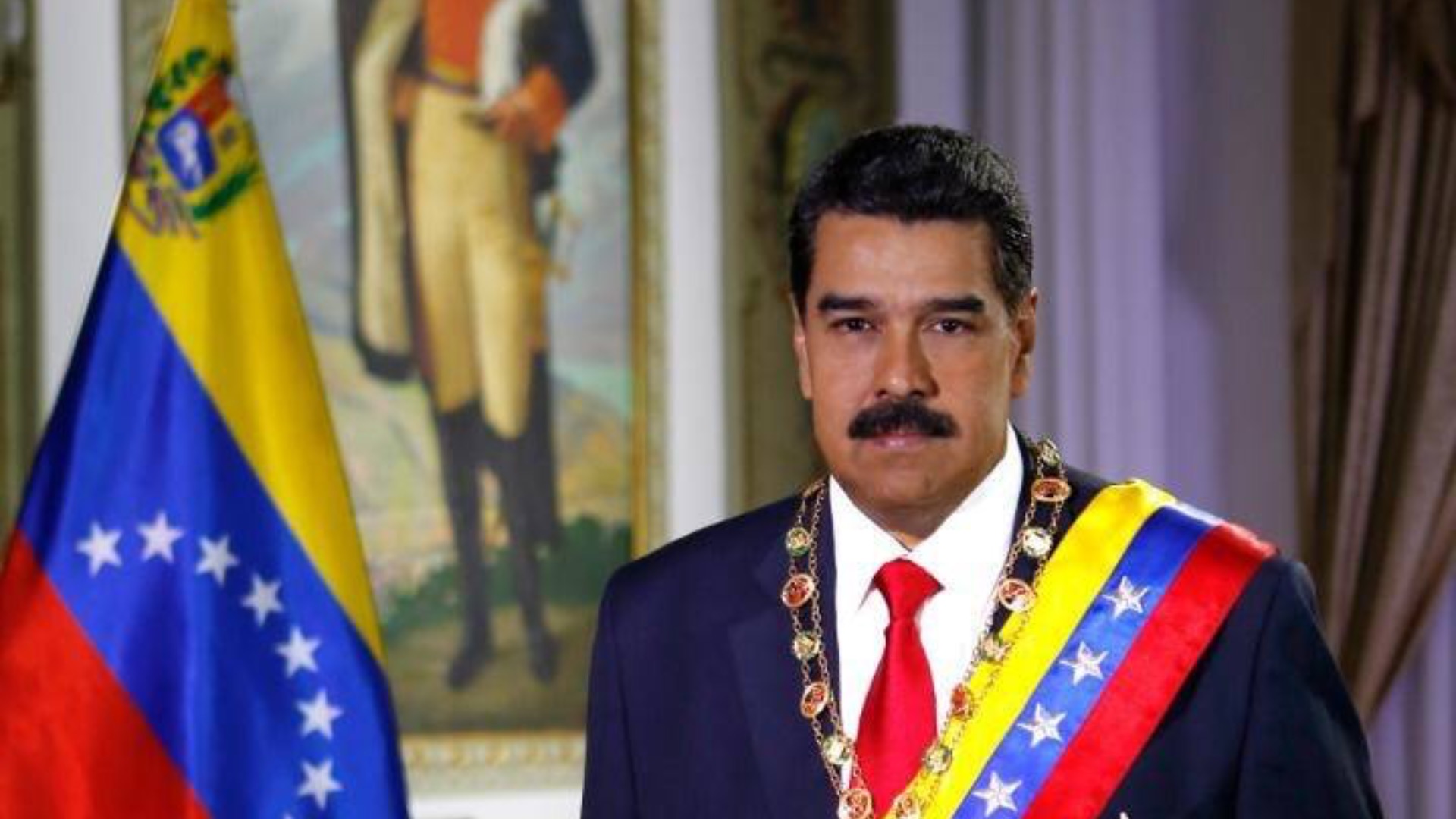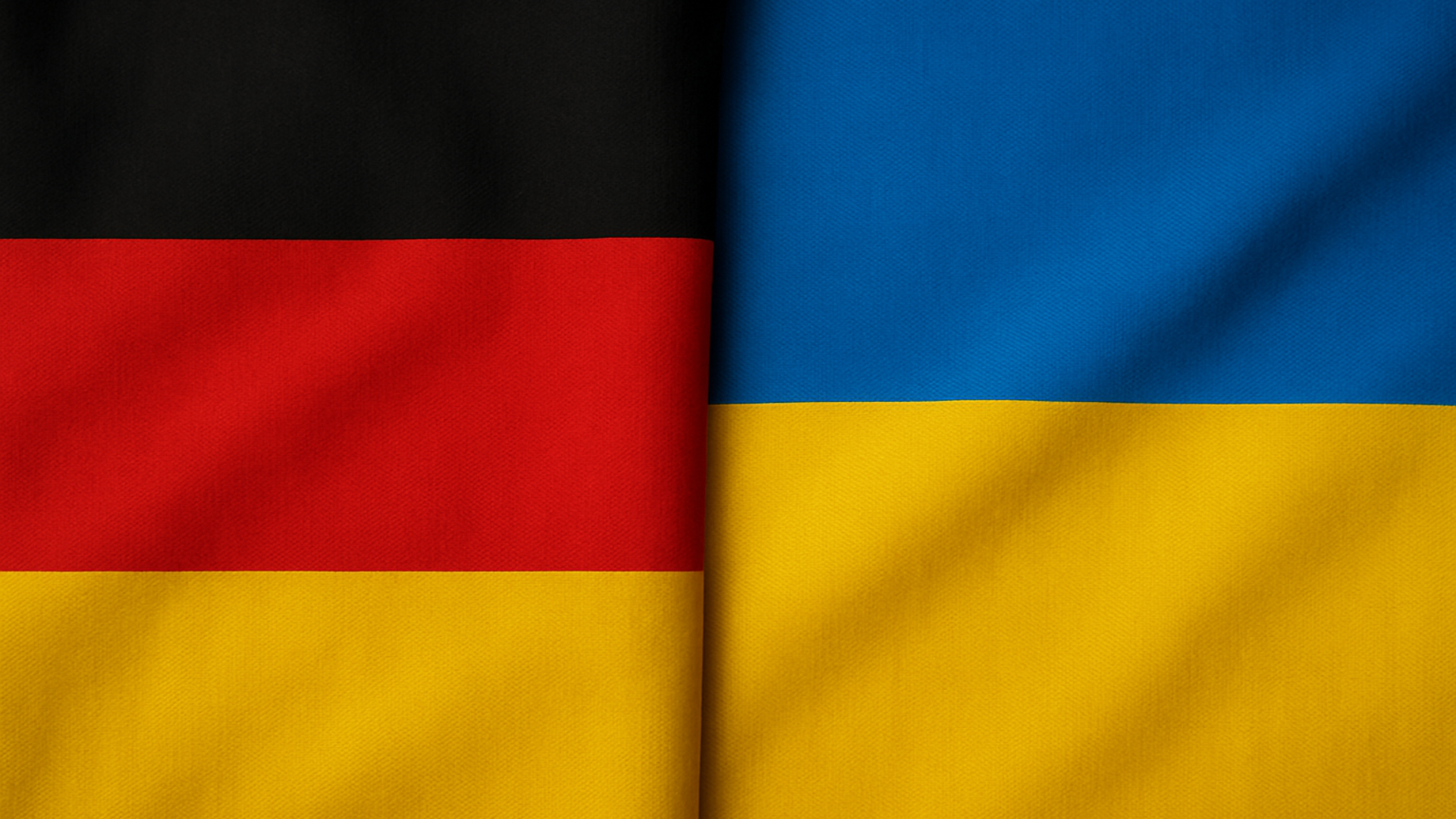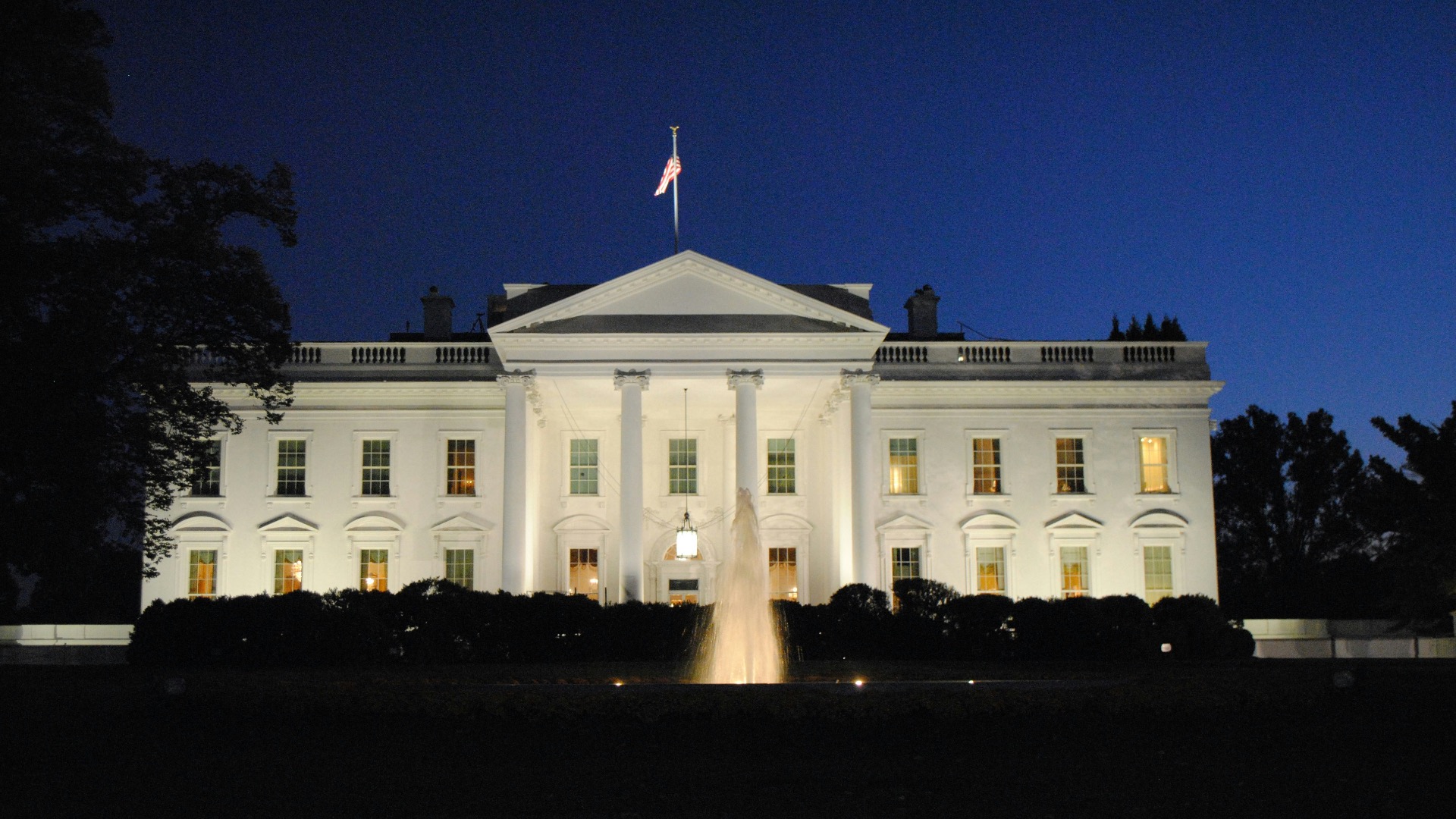
Germany’s Pivot: Testing Europe’s Security Governance
As Russia’s war against Ukraine persists, a quiet but consequential shift is taking place within the architecture of European security. Germany, historically cautious and consensus-driven in foreign policy, is now stepping into a more assertive role as a security guarantor. The commitments made by Berlin to Kyiv, particularly through its bilateral security pact signed in 2024, mark not only a strategic recalibration of its identity but also a significant moment in the evolution of regional security governance in Europe.
This article examines Germany’s role in Ukraine through the analytical lens of regional security governance, drawing comparisons with experiences from the Global South, where regional organizations have wrestled with conflict, institutional fragmentations, and hybrid security orders. Ultimately, Germany serves as a litmus test for whether European security governance can adapt to the 21st century geopolitical challenges without reverting to Cold War paradigms.

Germany faces tension between restraint at home and responsibility abroad, raising a core debate on Europe’s future security architecture. Germany’s security pact with Ukraine under the wider effort of NATO and G7 countries to provide long-term security outside the NATO membership outlines its long-term commitments. This complements the broader multilateral efforts but remains distinctly bilateral. It highlights Germany’s moral and strategic responsibility, but this shift also reflects an adaptive response because of the institutional inertia at the EU level and caution in expanding NATO’s role in the conflict. Germany’s bilateral response fills the perceived security vacuums while also avoiding the full alliance commitments that could draw it directly into war. This is a characteristic feature of a multi-layered security governance model that aligns with what Krahmann (2011) describes as a shift from state-centric governance to “networked” security governance. Thus, by conceptualizing security governance as multi-actor and multi-level, security is not monopolized by one institution; rather, it is non-hierarchical and overlapping.
Europe today illustrates this with NATO’s commitment of providing hard security guarantees, the EU framing political and economic stability, the US exerting decisive influence for wanting immediate peace talks without a ceasefire, and the UN being considered for a peacekeeping role. Germany in this situation is no longer acting as a NATO member but exercising agency as a regional security actor, co-constructing a “New European Order” that blends national, regional, and transatlantic logics. Therefore, Merz’s cautious position of wanting a ceasefire underscores a fundamental governance dilemma of who decides and with what legitimacy in Europe. His position reflects the domestic political hesitations and skepticism about prolonged military involvements, creating uncertainty and delays in decisions about how Europe can act collectively. This is because when a single European country is politically divided at home, it becomes harder for Europe to adopt a unified stance as security fragmentation emerges both at the regional and national levels.
What Europe is struggling with in respect of overlapping institutions is not unique, as the Global South has long struggled with similar challenges at a regional level. Therefore, Europe’s struggle to respond decisively to the war in Ukraine mirrors the challenges in the Global South, where the overlapping institutions and hybrid governance structures and divergent national agendas weaken regional security efforts. In Africa, the African Union’s Peace and Security Council lacks enforcement powers and relies on external actors; in South America, duplication between OAS and UNASUR has led to confusion; and in Southeast Asia, ASEAN’s emphasizes non-interference. Similar is the case in Europe, as it lacks coordination and political alignment when it comes to Ukraine.
Germany’s decision fills urgent gaps but also risks fragmenting the security and defense architecture, echoing the same governance dilemmas of the Global South. This highlights Luckham and Kirk (2013) hybrid security governance, where multiple actors, both state and non-state, informally share or compete over security responsibilities. The shift reflects a decentralized model. While this can increase flexibility and responsiveness, it raises concerns about overlapping mandates among states, difficulty in coordinating a collective action, and questions on legitimacy: who is in charge? Thus, the limitations of the institutional architecture are important to be considered now because the war in Ukraine directly affects global security, energy, and food supply.
The question on legitimacy pushes us to consider if security is being shaped for the state or for the people. Luckham and Kirk (2013) provide that security has “two faces,” and Germany must navigate and reflect on this duality. While Berlin seeks to avoid escalation with Russia and maintain geopolitical stability, Ukraine urgently demands protection grounded in human security. If Germany prioritizes state-centric caution at the expense of humanitarian urgency, it risks undermining the credibility of Europe’s entire security system. However, if it focuses solely on human security without considering the geopolitical picture, it risks further escalation with Russia. Finding the right balance without destabilizing the broader system is the central challenge facing Germany’s policymakers and political analysts. How they respond will further determine whether Europe can achieve strategic autonomy in a post-American order.


The World in Focus: Highlights from Foreign Affairs’ Best Books of 2025


2025: A World Without Resolution

The U.S.-Venezuela Limited War of 2025: A Legal and Strategic Assessment



